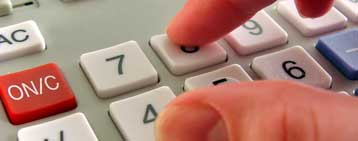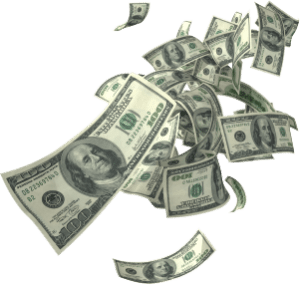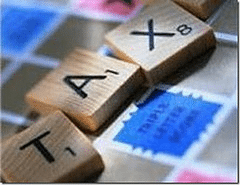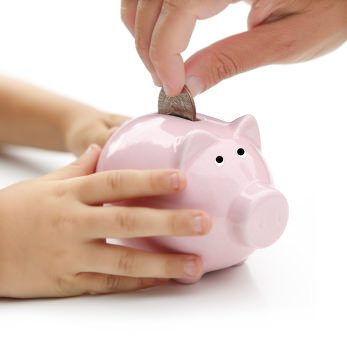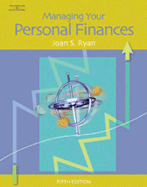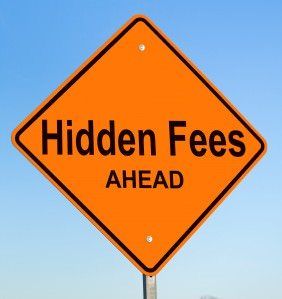How To Handle Your Personal Finances
Handle your personal finances properly give you more control over your life. Every aspect of handle your personal finances must be considered in order to come up with a solid plan. As you learn more about personal finances, you’ll be able to do just that. Consider the following advice concerning how you can change the way you handle your money.
The first rule you must consider is to make sure that you never spend more than the amount of money you’re making. This means that you need to have a solid budget. When operating a budget, you need to make sure you have included all of your expenses and all of your income. Leaving anything out will make your budget off.
You don’t want to start getting into too much debt. This will affect your budget, and if you start defaulting on any loans, you’re going to mess up your credit. Only take out a loan when absolutely necessary. When it comes to credit cards, you don’t have to have any. However, it’s a good idea to manage two of them responsibly because you want to be able to have credit to purchase property and other things on credit. By managing them responsibly, you should be paying the balance off each month to avoid the high interest.
When you notice that your budget needs adjusting, you have to do this right away. Bills will get paid, and new things will come up. You have to keep account ledgers even. In other words, you must continuously stay on top of the game when it comes to managing your money.
When it comes to spending, a good idea is to try and use cash more than your debit card. There is a psychological aspect to your debit card. People tend to spend more when using plastic instead of cash. Therefore, in order to stick to your budget and perhaps even go under budget, try using cash more often.
If you have already messed up your credit, you need to start taking care of that. One day you’re going to want to use it again. You don’t have to fix it all at once, but take care of it a little at a time.You need to make sure that you’ve got the job for you
Handle Your Personal Finances Better With These Tips
Make sure you’re saving for retirement. If your employer has a 401k plan, you need to make sure you’re contributing to the plan. This is not only because it’s an option for retirement, but it’s because your employer matches your contributions to a certain point. This is free money, and you need to take advantage of it right away. Also, start an IRA. You can choose between a traditional of Roth IRA, and each of them have different tax benefits.
No one ever said handle your personal finances was easy, but with the right discipline, you can really take control. Follow the advice you have just read, and start looking at your financial situation quite differently.
